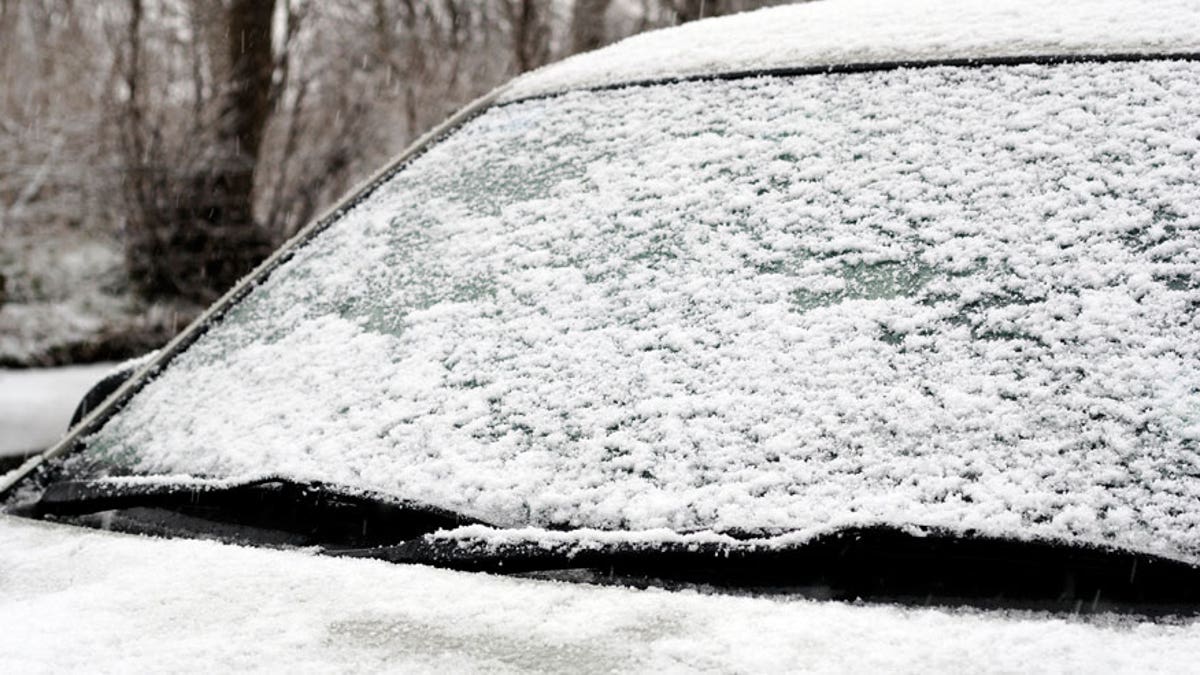
While parts of the U.S. have yet to see snow this year, it seems safe to assume that winter is coming, and when it does, it'll come with a vengeance. And for drivers, that means a whole lot of headaches and the need to keep an ice scraper on hand at all times. Or does it? Thanks to new research from MIT, BMW drivers may soon be able to buy cars that make use of sunlight-harvesting material that have the capacity to release heat on command, which means a much easier and more efficient de-icing process for those painful winter months.
The new material is unique in its ability to collect and store the energy from everyone's favorite star, and then release it at will when needed most. This, MIT News reports, could result in "a car windshield that stores the sun's energy and then releases it as a burst of heat to melt away a layer of ice." So of course, as the creators of the "ultimate driving machine," BMW is said to be interested in utilizing this new technology.
The secret to creating such a material lies in a molecule capable of maintaining stability in both a charged and uncharged configuration. In the presence of sunlight, the molecules would become charged, and remain that way until triggered by a specific stimulus, returning to its original shape. This process -- changing from a charged to uncharged state -- would release heat. Previously, these molecules known as solar thermal fuels (STFs), "have been largely unavailable in the solid-state, which would enable them to be utilized for a multitude of applications," MIT researchers note in their report. But now, they've developed a "translucent polymer film" that could provide a breakthrough in the way that solar energy is utilized.
"This work presents an exciting avenue for simultaneous energy harvesting and storage within a single material," said professor Ted Sargent of the University of Toronto, who was uninvolved in the research. "The approach is innovative and distinctive," he continued. "The research is a major advance towards the practical application of solid-state energy-storage/heat-release materials from both a scientific and engineering point of view." So get ready, BMW drivers -- you may have automatically de-icing windshields soon.




















